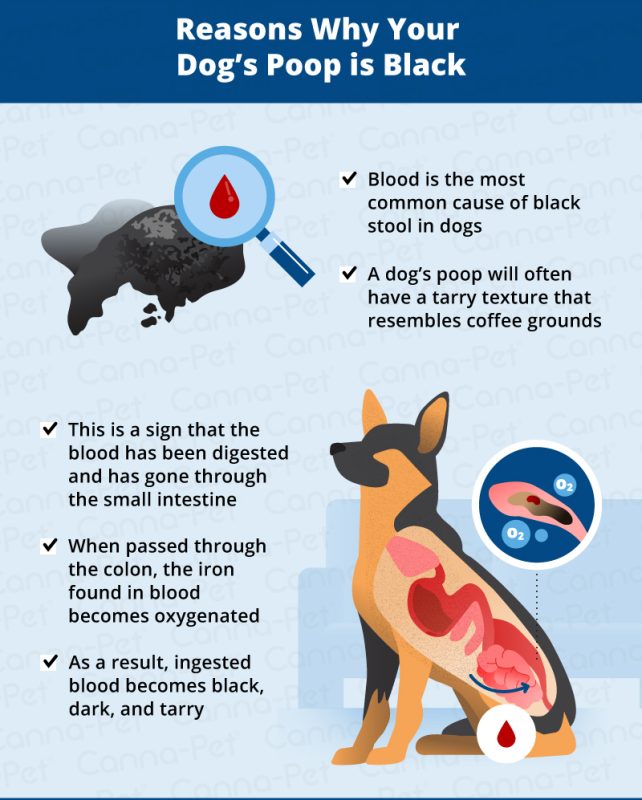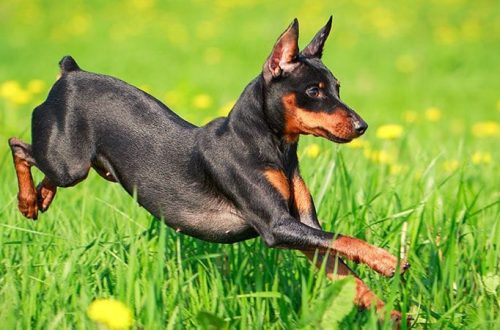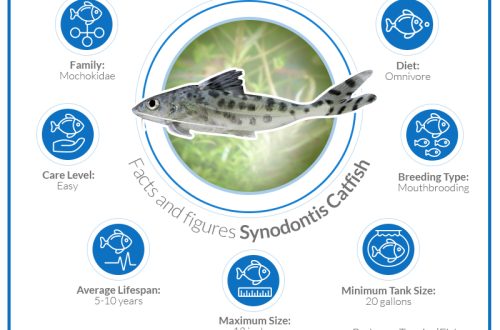
Black diarrhea in a dog: causes, how to treat, diet and prevention
People who experience dog diarrhea often go to extremes. Some do not pay attention to indigestion, while others begin to panic. In fact, it is necessary to monitor the general condition of the animal and take into account various related factors. In difficult cases, you should immediately consult a veterinarian.
Contents
Causes of diarrhea in dogs
The most common causes of diarrhea in dogs are:
- malnutrition or feeding with spoiled foods;
- a sharp change in the diet, namely the change of dry food to natural food or vice versa;
- ingestion of foreign objects, which leads to an imbalance in the intestines;
- helminthic invasion;
- infectious diseases;
- allergic reaction;
- poisoning with chemicals;
- intestinal damage;
- vitamin deficiency;
- disruption of the functioning of the digestive system;
- cancer.
To determine the exact cause of diarrhea in a dog, you should consult your veterinarian, because the choice of treatment method depends on it.
The main types of diarrhea
Bloody diarrhea is a serious problem. If even a small amount of blood is found in the feces of a dog, an urgent need to visit a veterinary clinic.
Diarrhea and vomiting often occur together. So, in case of poisoning, vomiting first begins, and then diarrhea occurs. If both phenomena occur simultaneously and last quite a long time, then we are talking about a serious damage to the body.
Diarrhea with mucus most often occurs due to the development of an inflammatory process in the colon.
Black diarrhea gets this shade due to the presence of semi-digested blood. This happens when bleeding in the duodenum or stomach.
Yellow diarrhea is often seen in normal indigestion. If the shade of feces is close to orange, then this indicates liver damage and an increased concentration of bilirubin.
Green diarrhea occurs when an animal is fed rotten food. The processes of fermentation and putrefaction that occur at this moment in the intestine lead to the appearance of a greenish tint.
White diarrhea can be observed in the absence of bile. This indicates a blockage of the biliary tract, which is considered a rather serious problem.
Establishing diagnosis
As a rule, diarrhea in dogs does not last long. If the diarrhea is not transient, the exact cause must be identified. For this purpose, the following tests are most often prescribed:
- fecal examination, including smear microscopy and flotation methods, which can detect the presence of parasites;
- complete blood count to establish anemia and the presence of infections;
- a biochemical blood test to determine the functioning of the liver, as well as the kidneys;
- an x-ray of the abdominal cavity, with the help of which it is possible to determine whether any foreign bodies are present in the intestines of the animal;
- PCR method, which determines the presence of various bacteria, viruses and parasites.
Depending on the results of the above tests, the veterinarian may order additional tests. This includes culture, pathology and serology, abdominal ultrasound, endoscopy, and toxin testing.
How to treat diarrhea in a dog?
Most common with diarrhea it is recommended to leave the dog hungry for a day. It is important that the animal has access to fresh water, as this will help to avoid dehydration.
To select the optimal method of treatment, it is necessary to establish the exact cause of diarrhea. Thanks to this, the questions of what to give the dog for diarrhea will disappear by themselves. It should be noted that symptomatic treatment is most often prescribed first. When the animal’s condition stabilizes, need to take teststo exclude the presence of viral and parasitic infections.
As a rule, the dog is prescribed such treatment:
- after a daily semi-starvation diet, only easily digestible food is used for feeding. Most often the animal is given boiled beef or chicken with the addition of fat-free cottage cheese. A similar diet should be followed for 3-4 days, and then gradually transfer the animal to a normal diet;
- additional infusion therapy helps to avoid dehydration, compensate for the loss of electrolytes and restore acid-base balance;
- antibiotics are given to those dogs that have been diagnosed with hemorrhagic gastroenteritis or there are suspicions of an intestinal infection. Also, such drugs are indicated for the observation of diarrhea with blood;
- adsorbents and drugs that protect the intestinal mucosa are often prescribed.
Diet for diarrhea
If your dog has an indigestion, do not force feed it. It is recommended to skip at least 2 feedings or not at all. do not feed the animal during the day. The next day, the dog should be given rice water to drink. You can also feed your pet liquid rice. To normalize the condition, 1-2 tablespoons are enough. During the day, you can give a little low-fat cottage cheese. Some dog breeders recommend pouring sweet tea into the drinker instead of water.
If your dog doesn’t eat for several days, you should immediately contact your veterinarian. You should not give her medicines or any food on her own.
After the feces become solid again, familiar foods should be gradually introduced into the diet. The main thing is to avoid fatty foods.
Tips for Preventing Diarrhea in Dogs
To avoid indigestion in your pet, you need to follow simple tips:
- it is important to strictly adhere to the recommendations of the veterinarian regarding the diet;
- you need to monitor the condition of the pet. If there is mucus or blood in his feces, as well as a lack of appetite and vomiting, this indicates a serious deterioration in the health of the dog;
- if diarrhea is found in a pet, you need to make sure that his food is fresh;
- once a year required check your dog for parasitic diseases and various infections;
- if the treatment prescribed by the veterinarian turned out to be ineffective, additional tests should be taken.
Every dog owner should understand that the most effective way to treat diarrhea in an animal is prevention. So, the owners should pay special attention to the diet of the dog. In addition, it is necessary to provide an appropriate drinking regimen. If, despite these precautions, the animal develops an indigestion, skip the next meal and go to the vet.





